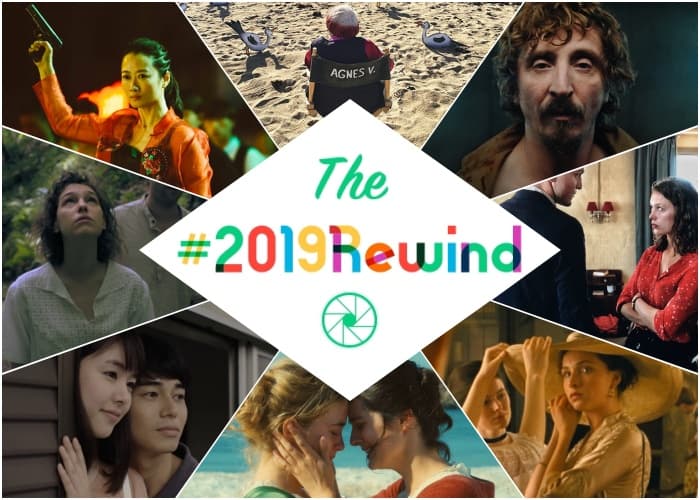
10. Ash Is Purest White (China)
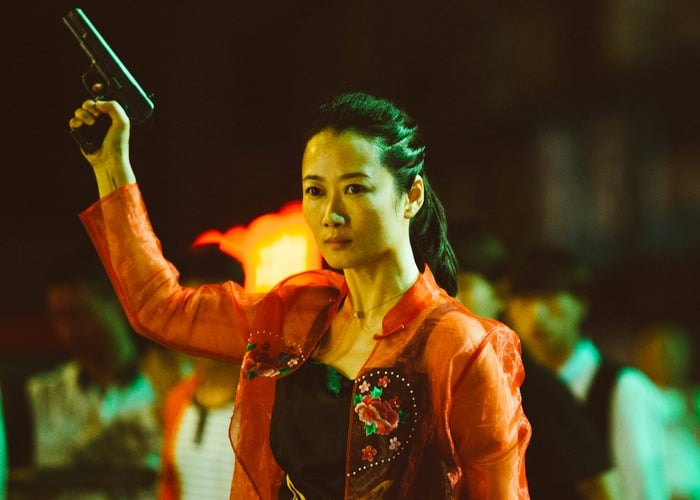
Greta Gerwig and Noah Baumbach are cool, but Zhao Tao and Jia Zhangke have been cranking out masterpieces for nearly two decades now (granted every film is a joint effort), Ash Is Purest White being no exception. Zhangke writes and directs and Tao is the lead, as per usual. Like their previous epic Mountains May Depart, Ash Is Purest White is a triptych set in the economic desolation of China’s Shanxi province and centered on the life of one woman across time. In Ash, that woman is Qiao, partner in romance and crime to Bin (Liao Fan), a crime ring overlord who topples from power to pitiable impotence. As her life shifts drastically across different planes of existence, Qiao rolls with every punch, a social chameleon with a penchant for resourcefulness and a seemingly bottomless source of strength to pull herself up by her bootstraps. It’s the kind of film that makes you feel as if you’ve lived an entire lifetime, the depth of Qiao’s character contributing to a sense that you’ve come to truly know and understand her in ways typically inaccessible through an artistic medium. (Luke Hicks)
9. Woman at War (Iceland)
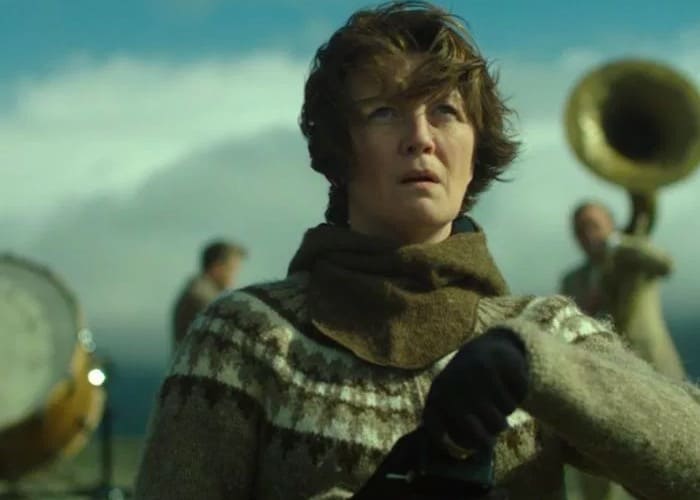
It’s a cliche to say that Earth is the only home we have, but that doesn’t make it any less true. While some films explore this idea in big ways, this Icelandic gem offers up a beautiful affirmation towards the apocalyptic importance of our stewardship of the planet, but it does so by focusing on one bad-ass woman’s ongoing fight against the system. The drama and character work are strong and never less than engaging, and the film’s social commentary manages to be as humorous as it is damning, but special shout out is earned for a repeating element involving the band providing the film’s score. Director Benedikt Erlingsson even delivers some suspenseful beats too as our hero tries to avoid police helicopters resulting in harrowing and tense sequences. Halldora Geirharosdottir does tremendous work in the lead role, but she also delivers as a twin sister whose approach toward doing good by the universe differs dramatically and importantly. And that final sequence and shot? Just a breathtaking kick to the heart and head. (Rob Hunter)
8. Asako I & II (Japan)
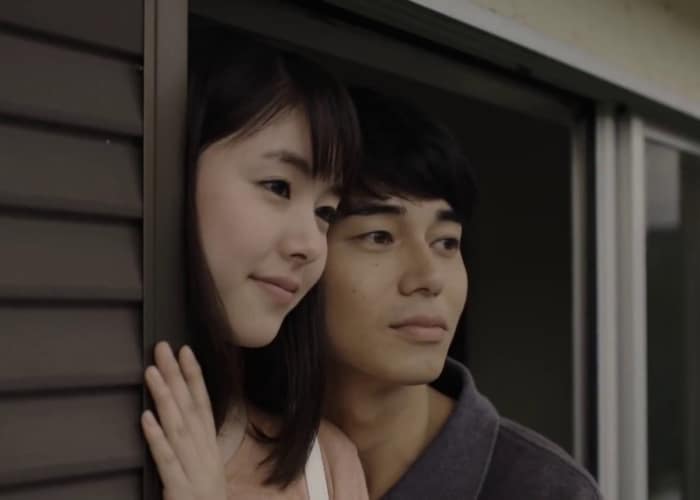
Ryûsuke Hamaguchi’s criminally underseen take on the rom-com is a surreal high-concept fable about how far we’re willing to go for the one we love as much as it is a rumination on why it is we’re drawn to them. How do we come to choose the partners we choose? Masahiro Higashide delivers a wonderful performance as two drastically different people that look identical, his atypical role allowing room for Hamaguchi to dwell on how banalities and fantasies manifest and rear their ugly heads in relationships in complex ways. But Erika Karata is the star. She takes us on an emotional roller-coaster ride that’s exhausting in the way you want from a film, because it means it took you somewhere outside of yourself. The tone varies from stage to stage, at times silly, dire, effervescent, devastating, hilarious, mystical, and confounding. It manages to be cute without falling into the rom-com rut of being utterly empty. The final act more or less becomes a thriller that plays on a major “What if?” concept that builds throughout, and it does not disappoint. (Luke Hicks)
7. I Lost My Body (France)

Imagine Oliver Stone’s The Hand (1981), but from the severed hand’s perspective, and you’ll still have very little idea what to expect from this stunningly beautiful and affecting feature debut by Jérémy Clapin. A hand “awakes” in a fridge, escapes, and heads out on a journey to reunite with its owner, and it’s one fraught with danger and memory. Running parallel is the story of a young man haunted by tragedy, lost in life, and clumsily trying to pursue a love. None of it goes where you expect as it leads toward a finale that’s as breathtaking and perfect as you hope. (Rob Hunter)
6. Transit (Germany)
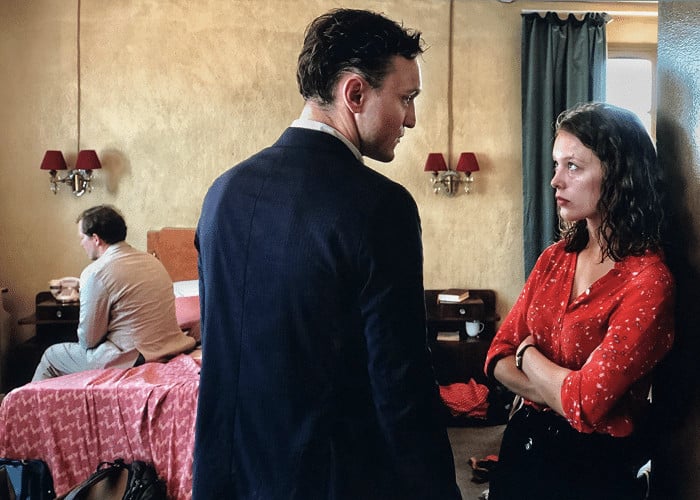
Set in a tangential modern-day Southern France controlled by totalitarian forces that mirror Nazi occupation, Transit follows Georg (Franz Rogowski) as he tries to escape the territory under the false identity of a deceased author, whose wife Marie (Paula Beer) materializes around him on occasion like an apparition and vanishes before he can have a meaningful encounter. The hypnotic vision from writer-director Christian Petzold is a web of mystery, an absolute enigma led by an interior subject in Georg. His every next move makes little sense, as do many of the motivations and connections made between characters throughout the film, but those in the narrative seem about as perplexed as us. There’s a sense in which Petzold is stringing us and his characters along equally, everyone on the edge of their seat, nervous and uncomfortable, twitching as they peak intermittently over their shoulders, gnawing on nails in anticipation of what’s to come. And for those of you familiar with Petzold’s jaw-dropping finishing touch on Phoenix, you know the man has a knack for making it all worth our while. Expect a final shot as goosebump-enveloping as the last. (Luke Hicks)
Related Topics: 2019 Rewind, Foreign Objects

